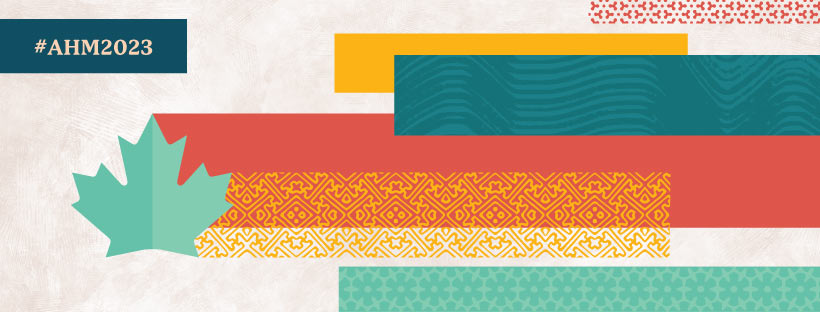
By Kenzie Love
Although it goes by a variety of different names, the ethos of co-operation is a constant across Asian cultures. May, being Asian Heritage Month, offers an opportunity to recognize and reflect not just on how Asian diaspora communities have co-operated in the past, but the lessons this offers for a more co-operative future for everyone.
As with co-ops in other BIPOC communities, Asian co-ops in North America have often been ignored by the broader co-op movement, which has focused on the Rochdale pioneers as the originators of the model. Co-ops which haven’t hewed to all the principles originated by the pioneers, moreover, are often seen as less “authentic” than co-ops in White communities.
Jo-Anne Lee, Brian Smallshaw and Ana Maria Peredo note that one history of BC fishing co-operatives, Tides of Change: A Story of Fishermen’s Co-operatives in British Columbia implies that because these co-ops “did not have all of the characteristics of a Rochdale co-operative, they were deficient or not fully formed.” But if these co-ops weren’t, for instance, open to all, it was because their existence was a product of Japanese Canadians’ exclusion from the White Canadian fishing industry.
Similarly, the term ROSCA (Rotating Savings and Credit Association) was coined in the 1960s to describe a phenomenon with deep roots in many Asian and other cultures, one that often lacks formal recognition. While participants in ROSCAs can see both pros and cons to regulating these collectives, it’s important to recognize their creation often originated as a result of exclusion from the mainstream banking system.
For many in the Asian diaspora and other cultures, ROSCAs are an important substitute or supplement to participation in the formal banking system, making them an important form of financial support. But their value isn’t merely financial. A study has shown that ROSCAs are important not only economically but also socially in terms of friendship and bonds, and that “modern societies might do well to reconsider ROSCAs as mutual help networks in search of ways of reconstructing communities.”
The need for a stronger sense of community in confronting today’s many challenges is evident around the world, but not always practiced. For Asian immigrants to the US, as Yvonne Yen Liu notes, practicing co-operative economics was a matter of necessity “as a way to survive a hostile country that excluded their participation in the mainstream economy.”
But “participation in the mainstream economy” today is something of a myth. Most people do participate in the dominant capitalist system for lack of an alternative, but only a privileged few reap the benefits. Establishing the sense of trust which, for instance, ROSCAs provide may offer a way forward, if people of all cultures are able to recognize the need for interdependence the way Asian immigrants did.
As the Democracy at Work Institute’s Anh-Thu Nguyen observes to Liu, “In our current age, with the ensuing climate crisis and widening wealth gap, our mutual survival is at stake. It’s not really an option to go at it alone.”
There may be no more group in Canada which better embodies these values of co-operation, peace, and harmony than the Multi-cultural Health Brokers Co-operative (“MCHB”) of Edmonton, ably led by co-founder and Co-Executive Director Yvonne Chiu. Much though certainly not all of the Co-op’s leadership is Asian. This very short, inspiring video, called River City Bridges, captures MCHB Co-op’s ethos and spirit.